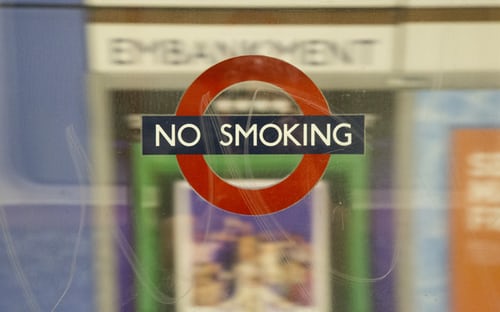Seniors and Cancer II – 6 Cancer Prevention Tips
It has never been my intention to be the final authority on any information I share from my research. Everything has been done with large brush strokes, hoping only to make you aware of how seniors and their independence may be impacted. Disease is, of course, one of many things affecting independence. Last week I shared five general risk factors associated with cancer. My dad, a retired radiologist, pointed out that different cancers have their own unique risk factors. At some point in the future, I may choose to concentrate on one specific cancer and then research specific risks and prevention tips, all pointing to how seniors are affected and when consulting your oncologist exploring treatment options.
If you read last week’s article you saw that there are no absolute guarantees you will never get cancer. Of course, statistically, your odds increase as you age that you may indeed get cancer. I’m not, however, suggesting that you throw up your arms and give up. Just the opposite. I am very much advocating we all, young and old, take some common-sense steps to minimize the risk of ever receiving a cancer diagnosis.
- Regular checkups – For some, this may come under the heading of “Duh!”. But the importance of regular checkups, says the CDC and others, cannot be overstressed. The earlier a problem is detected, the less compromised your immune system is and the better your odds of fighting and beating the disease.
- Exercise – Cancer.net, an online blog site, cited research stating, “making moderate to vigorous physical activity a part of your lifestyle lowers your risk of cancer and that of other chronic diseases, such as heart disease and diabetes. Moderate to vigorous physical activity is exercise that makes you sweat and your heart beat faster. It includes walking, swimming, cycling, or running. A growing body of research suggests that doing any kind of activity to avoid too much sitting can help lower cancer risk.”
- Obesity/healthy weight – The National Cancer Institute cites several studies all consistently showing that “people who have lower weight gain during adulthood have lower risks of colon cancer, kidney cancer, and—for postmenopausal women—breast, endometrial, and ovarian cancers.”
- Healthy diet – The American Institute for Cancer Research (AICR) recommends that we “choose mostly plant foods such as vegetables, fruits, and whole grains, and cut sugary drinks.”
- Alcohol in moderation – According to the CDC, drinking alcohol, especially in excess, increases the risk of these six cancers: “mouth and throat, voice box, esophagus, colon and rectum, liver and breast (women).” Best, if you drink at all, to do so in moderation.
- Don’t smoke – According to the American Cancer Society, “smoking accounts for about 30% of all cancer deaths in the United States, including about 80% of all lung cancer deaths. Lung cancer is the leading cause of cancer death in both men and women, and is one of the hardest cancers to treat.” Smoking and any tobacco usage, including pipe, cigars and snuff (smokeless), is linked to: “mouth, larynx (voice box), pharynx (throat), esophagus (swallowing tube), kidney, cervix, liver, bladder, pancreas, stomach, colon/rectum and myeloid (leukemia).”
I’d be lying if I told you I was a paragon of a perfectly healthy lifestyle. However, as I have aged, I have become more aware of needing to improve in certain areas, especially with regard to what I eat and watching my weight. Cancer, in any form, is no joking matter, and we should all, especially seniors, be mindful of what steps we can take to minimize our risks.


Recent Comments